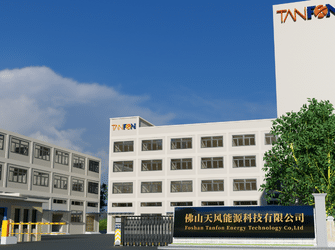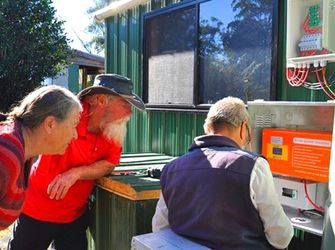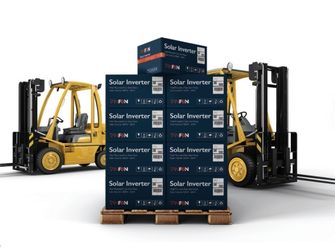Top 10 Solar Project Solution Factory In China
In the realm of rechargeable batteries, lithium-ion technology has emerged as a dominant force, offering high energy density and long-term reliability. However, not all lithium-ion batteries are created equal. Among the various types, two prominent variants stand out: ternary lithium batteries, and lithium iron phosphate (LiFePO4) batteries. While both serve as powerhouses for countless applications, they diverge significantly in terms of safety, particularly concerning the risk of fire.
ternary lithium batteries, heralded for their high energy density and voltage, have found widespread use in consumer electronics, electric vehicles, and even aerospace applications. However, this very attribute of high energy density comes with a trade-off - heightened susceptibility to thermal runaway and fire incidents. The cobalt content in these batteries can lead to thermal instability under certain conditions, causing them to overheat and ignite, a phenomenon famously associated with spontaneous combustion incidents in smartphones, laptops, and electric vehicles.
Contrastingly, lithium iron phosphate batteries, characterized by their stability and robustness, offer a stark contrast in terms of safety. The key to their enhanced safety profile lies in the choice of cathode material - iron phosphate. This compound is inherently more stable than cobalt-based counterparts, exhibiting greater resistance to thermal runaway and oxidative decomposition. As a result, LiFePO4 batteries demonstrate a significantly lower propensity for ignition and thermal hazards, making them the preferred choice for applications prioritizing safety, such as energy storage systems and medical devices.
The superior safety profile of lithium iron phosphate batteries is further underscored by their widespread adoption in critical applications where reliability and risk mitigation are paramount. Electric vehicles, for instance, are increasingly favoring LiFePO4 chemistry due to regulatory requirements and consumer demand for safer battery technologies. Similarly, grid-scale energy storage projects and backup power systems in sensitive environments prioritize the use of LiFePO4 batteries to minimize the risk of catastrophic failures and ensure uninterrupted operation.
while both ternary lithium batteries and lithium iron phosphate batteries have revolutionized modern energy storage, their divergent safety characteristics warrant careful consideration in various applications. While the former offers higher energy density, it comes with an inherent risk of thermal runaway and fire incidents, as demonstrated by several high-profile incidents. On the other hand, lithium iron phosphate (LiFePO4) batteries with its stable chemistry and reduced fire risk, emerges as a safer alternative, particularly for applications where safety is paramount.
What happen if the solar system is not tested as a complete set running before shipment?
What is your maintenance rule?
what is 360° guarantee?
Why can't the solar system be connected properly even though with installation instructions?
How to solve the after-sales problems?
What is the difference between a supplier who sells products and a supplier who sells service?
Read more commonly asked questions or learn about what solar storage is.

TANFON Solar Manufacturer since 2007, Serving More Than 160 Countries, German Technology, Global Certification.

Tanfon solar's brand mission and origin

Successful feedback cases from overseas customers.

Tanfon solar supports distribution business plan all over the world
we will get back to you as soon as possible
